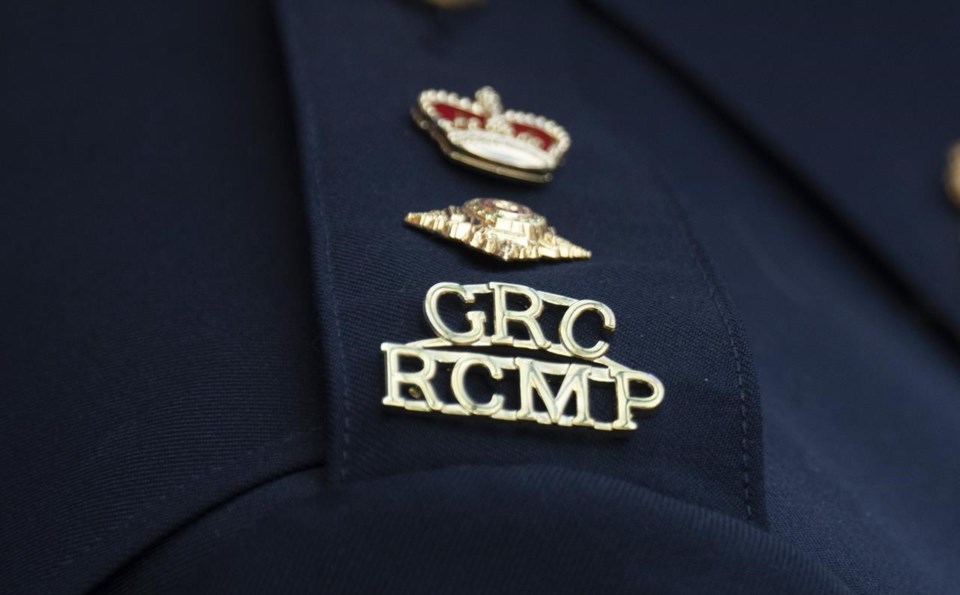FORT MCMURRAY, Alta. — An inquiry report into the 2016 death of a pedestrian struck twice on a northeastern Alberta highway, including by an RCMP officer, has made recommendations to prevent similar tragedies.
Among the six recommendations, Justice Stephanie Cleary says in her report that the RCMP should develop a process for evaluating deaths from police vehicle collisions to determine if training changes should be made.
Tracey Janvier, 41, had been at a wedding and ended up walking on an unlit part of a highway leading to his hometown of Janvier, south of Fort McMurray, when he was first struck by a vehicle.
A passenger in the vehicle called 911.
Shortly after, Janvier was struck again by an RCMP truck driven by Const. Michelle Phillips, who was responding to the scene.
The judge said the officer was hoping to save the man's life.
Before the Mountie struck Janvier, Cleary said the victim was "certainly still alive." The officer's truck also clipped a hand of the man who called 911 and was aiding Janvier.
In 2019, Phillips was found not guilty of dangerous driving causing death and dangerous driving causing bodily harm. A trial judge ruled there was doubt over whether Phillips contributed to Janvier’s death.
Cleary said the criminal trial did not look at wider issues that her inquiry did.
"There is no safe place for pedestrians to travel on this main highway and there was some indication this person may be behaving in a way that was putting themselves in danger," the judge said.
She said that, at the time, the emergency communications centre had no way to confirm where the 911 call was coming from and that the person who made the call faced language barriers.
Cleary said the 70-year-old caller spoke Dene as his first language and struggled with his English and with giving the location.
"As there was then no technology available to pinpoint the location of the collision, a conversation between a 911 operator and the citizen making the call for help resulted in an incorrect location being provided to first responders, including a police officer," she said.
"However, this aspect of his death is the one that has been the most difficult for his family to come to terms with — the fact that he was subsequently run over by a police vehicle, and that this occurred because of human error in communication, understanding and assumptions made."
It remains unclear why Janvier was on the highway that night, the judge added, but alcohol may have impaired his judgment.
Cleary said there are challenges when officers who patrol isolated Indigenous communities are not members of the community, and Phillips did not live in the hamlet.
"I am of the view that a review of the evidence heard at the inquiry regarding the relationship between people in the community of Janvier and the RCMP would be helpful to both the community and the RCMP members who are trying to serve them," Cleary said.
This report by The Canadian Press was first published Sept. 19, 2023.
— By Jamin Mike in Edmonton
The Canadian Press




